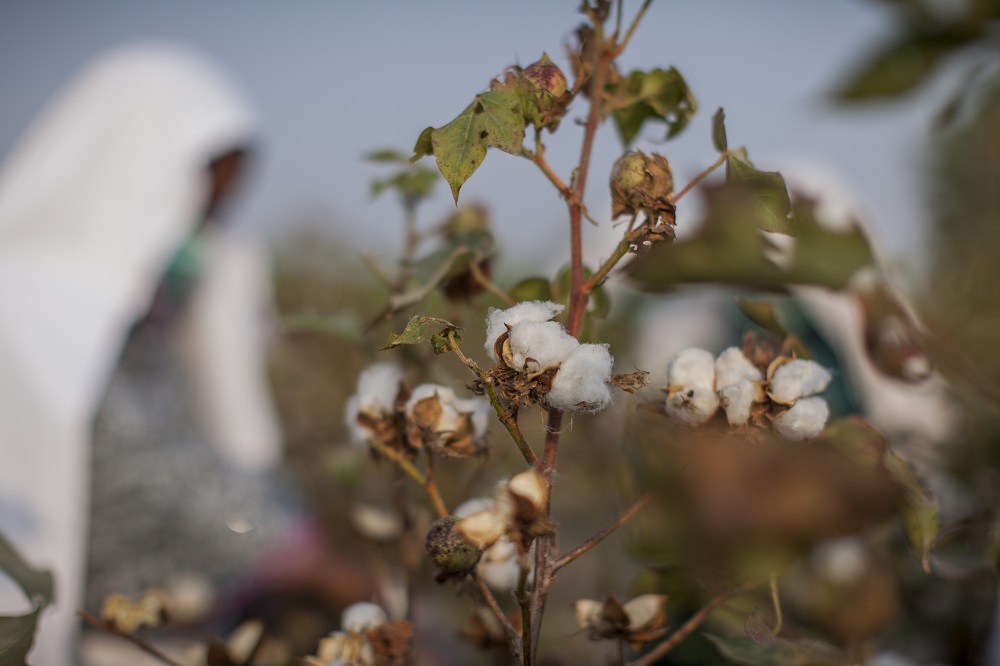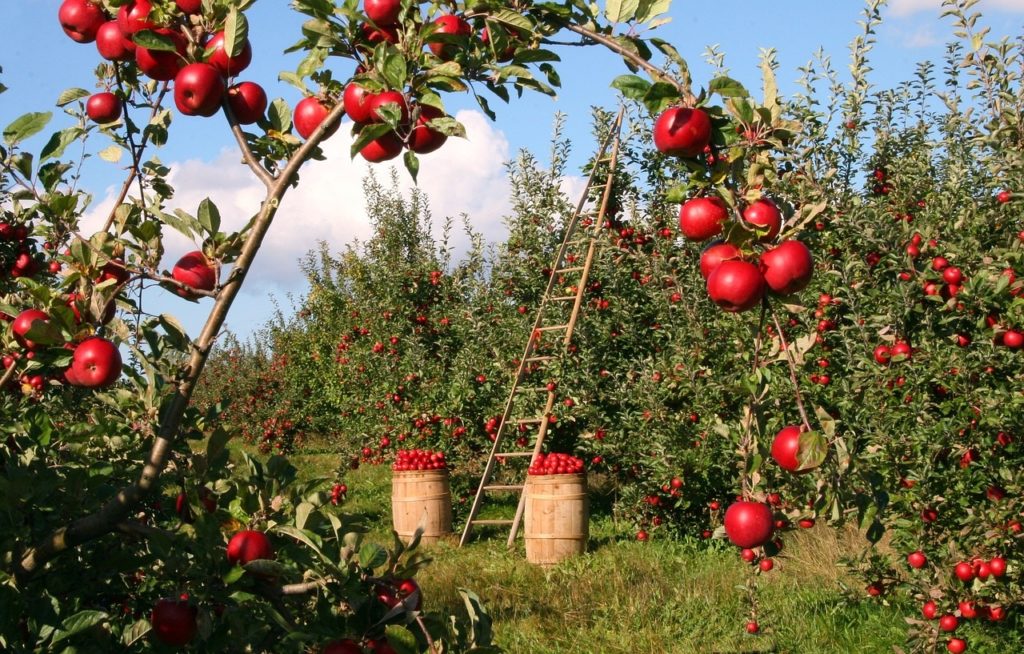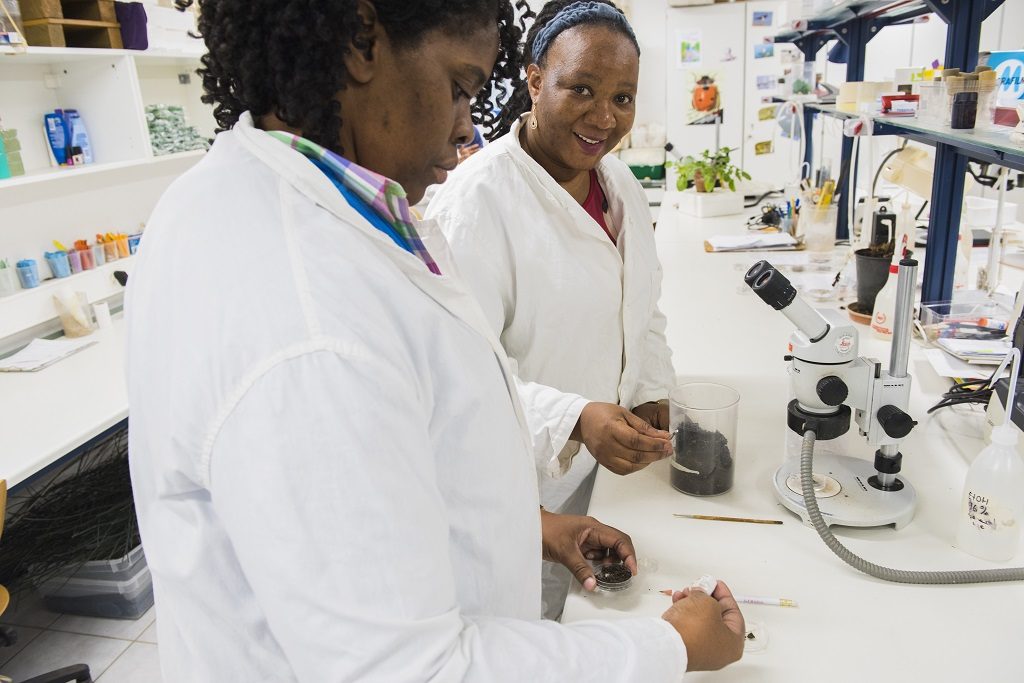‘Sowing the seeds’ for better cotton crops: a farmer case study
Cotton is Pakistan’s largest industrial sector and is a principle cash crop to millions of smallholder farmers who rely upon it to earn their livelihoods. However, per acre yield and the profitability of the crop is dependent upon the quality of the sown seed as part of the principles of Good Agricultural Practices (GAPs) and…
Phytosanitary Risk Management team share expertise at ESCON 2019
An entomologist from CABI’s Phytosanitary Risk Management (PRMP) team has participated in the International Conference on Environmental Toxicology and Health (ESCON 2019) held in Islamabad, Pakistan. Muzammil Farooq, representing the PRMP team, participated in the event – organized by the Department of Environmental Sciences, COMSATS University (CUI), Vehari campus – by giving a presentation entitled…
Reaping the harvest: Sustainable tea production in India picture special
Recently CABI scientists revealed that India’s tea – which accounts for around 27 percent of the world’s tea production and where in 2016 exports of 232.9 mn kg were worth Rs 4,493 crore, could be protected from devastating crop pests with more environmentally-friendly and sustainable biological controls rather than an over reliance on pesticides. In…
Trichogramma evanescens, a biocontrol agent to control apple codling moth in apple orchards – first record from Pakistan
Apple codling moth and apple spider mites are one of most serious pests of different fruits, especially its deleterious effects on apple trees, which poses economic threat to apple production in the region. Codling moth was recorded as the most serious insect pest of the apple industry in Balochistan when the project conducted a baseline survey in…
‘Cracking the code’ of woody weed spread with machine-learnt algorithms
A scientific tool which has its principles in early ‘computers’ such as the German WW2 Enigma machine – used to convey secret commercial, diplomatic and military communication – is helping to map the fractional cover of the woody weed Prosopis juliflora across the Afar Region of Ethiopia. PhD Candidate Hailu Shiferaw from Addis Ababa University,…
Meet the ‘sorcerer’ and her ‘apprentice’ – just two of CABI’s trailblazing female scientists
To mark the UN’s International Day of Women and Girls in Science we take a look at how two generations of female scientists are coming together to tackle non-native invasive weeds and help reduce environmental degradation Meet the ‘sorcerer’ and her ‘apprentice’ Dr Carol Ellison, a plant pathologist at CABI, and Project Scientist and PhD…
“Work hard and always try to give your best. No matter what people say, always give your best”
To mark the UN International Day of Women and Girls in Science today (11 February 2019), we speak to some of CABI’s women working in science. In this blog Dr Yelitza Colmenarez, Director CABI Brazil Centre and Regional Coordinator for the Plantwise programme – Latin America and the Caribbean, reveals the motivation and inspiration behind her career in science…
“The future for women (in science) is ours to conquer”
To mark the forthcoming UN International Day of Women and Girls in Science (11 February 2019), we speak to some of CABI’s women working in science. In this blog Catherine Mloza Banda, a Development Communications Specialist – Invasive Species Management, reveals the motivation and inspiration behind her career in science communications and says ‘the future for women (in science)…
“I was and still am motivated by discoveries and surprises that come with science”
To mark the forthcoming UN International Day of Women and Girls in Science (11 February 2019), we speak to some of CABI’s women working in science. In this blog Lucy Karanja, a Content Manager, reveals the motivation and inspiration behind her career in science communications and says ‘women are all round scientists naturally’. What motivated…






